ELECTRICAL INSTALLATIONS Training Systems
ELECTRICAL INSTALLATIONS Training Systems
Renewable energy is based on natural resources, such as sun, wind, water, plant, or animal biomass. They are characterized by not using fossil fuels but natural resources capable of unlimited renewal. One of their strengths is that they have a very low environmental impact because, in addition to not using finite resources, they do not generate pollutants. With our didactic systems, we enable the technician, engineer, and specialist in renewable energy to develop professional skills in the formulation of renewable energy projects through energy diagnostics, establish savings systems, design innovative solutions and quality of electricity, study the natural resources of the environment, to contribute to sustainable development and the rational and efficient use of energy to improve the competitiveness of the company where they work and contribute to the sustainable development of the region. With our equipment, teachers will be able to develop skills in Basic Studies, Energy Efficiency, Solar Thermal, Micro Grid, Power Plants, and Smart Grid, to name a few. With this proposal, De Lorenzo seeks to improve, enrich, and develop cognitive and social processes regarding professional competencies comprising knowledge, skills, and attitudes for comprehensive student training.
BASIC INTRODUCTION SYSTEMS Training Systems
Expansion in using alternative energies requires a basic knowledge to acquire tools and skills that allow the study, planning, design, and simulation of clean energy generation systems. The basic instruction kits for renewable energies form a preparatory course that introduces the student to the different sources of renewable energy and the physical phenomena that allow its conversion for use and exploitation. Each kit consists of discrete elements and accessories for studying each renewable energy source in a classroom and has theory and practices that allow students to learn gradually and give teachers tools to plan courses on solar photovoltaic, solar thermal, wind, fuel cells, and hybrid systems.
SOLAR-WIND-FUEL CELLS ENERGY TRAINER
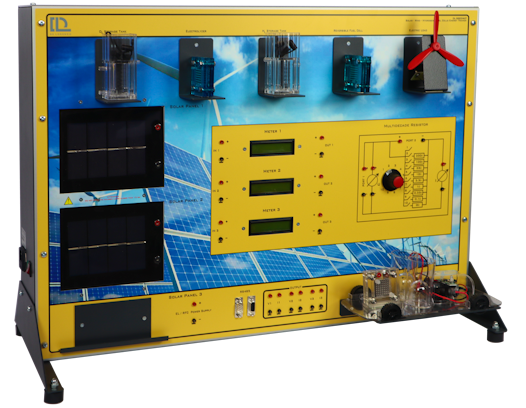
DL GREENKIT
KIT FOR THE STUDY OF PHOTOVOLTAIC SOLAR ENERGY
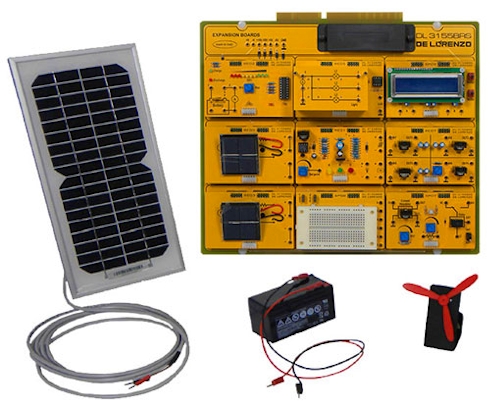
DL 3155BRS-PSE
WIND ENERGY
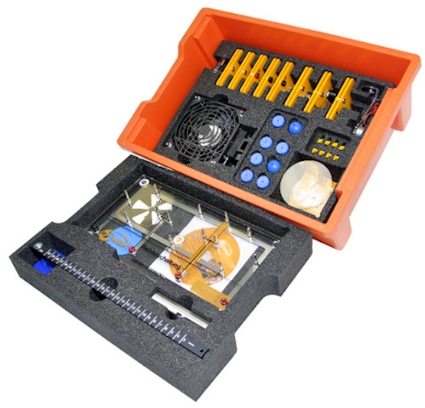
DL WIND-L
SOLAR PHOTOVOLTAIC ENERGY
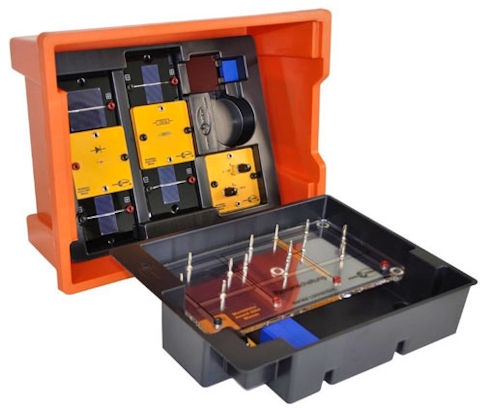
DL SOLAR-L
THERMAL ENERGY
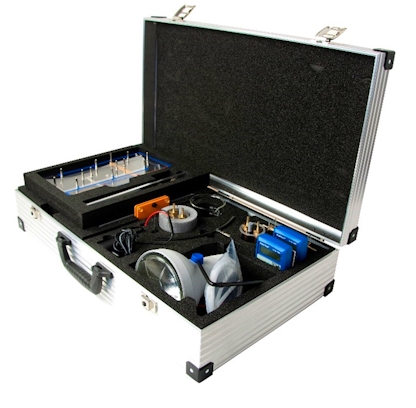
DL THERMO-L
H2 ENERGY
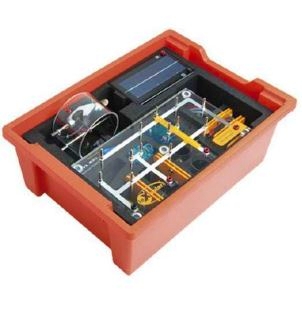
DL HYDROGEN-L
ENERGY EFFICIENCY AIR COMPRESSOR TRAINER
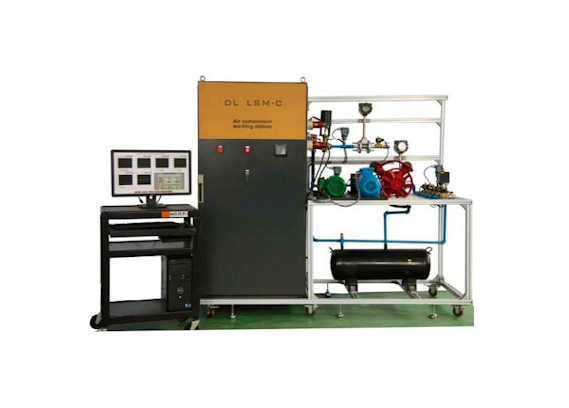
DL LSM-C
SINGLE STAGE COMPRESSOR
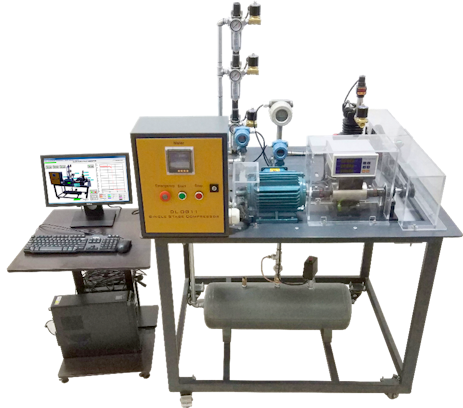
DL OG11
ENERGY EFFICIENCY AIR CONDITIONER/FAN TRAINER
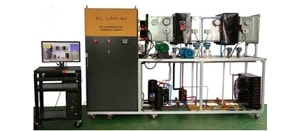
DL LSM-AV
SOLAR POSITION TRACKING SYSTEM
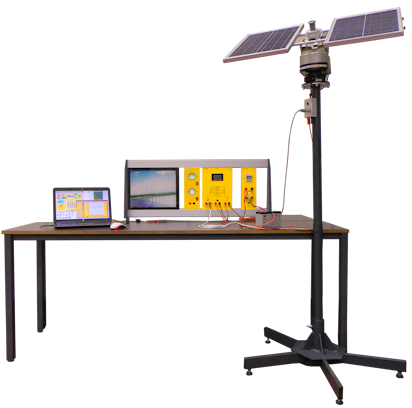
DL SUN-TRACKER
SOLAR ENERGY MODULAR TRAINER
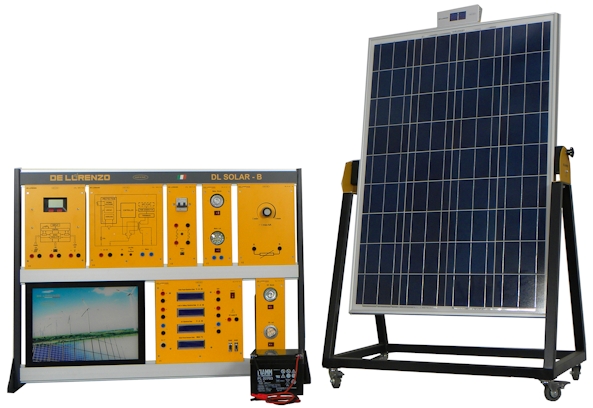
DL SOLAR-B
SOLAR ENERGY MODULAR TRAINER WITH CONNECTION TO MAINS
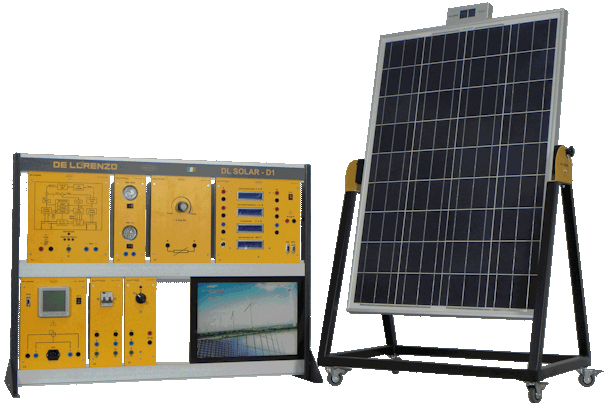
DL SOLAR-D1
PHOTOVOLTAIC SOLAR PANEL MEASUREMENT TRAINER
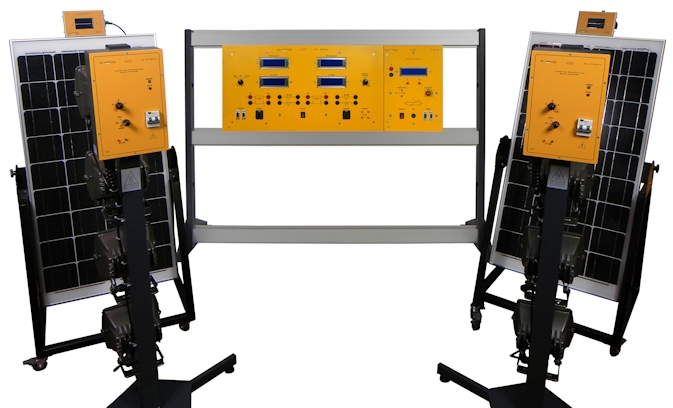
DL SOLAR-PV
PHOTOVOLTAIC SOLAR ENERGY ADVANCED TRAINER
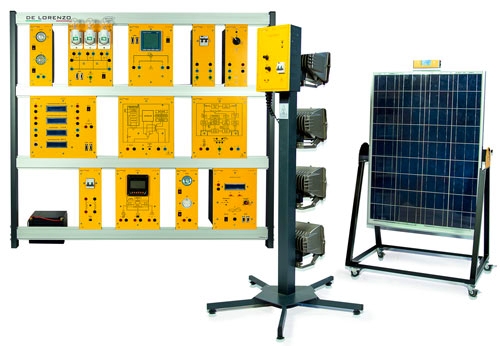
DL SOLAR-AT
ON-GRID SOLAR ENERGY WITH STORAGE
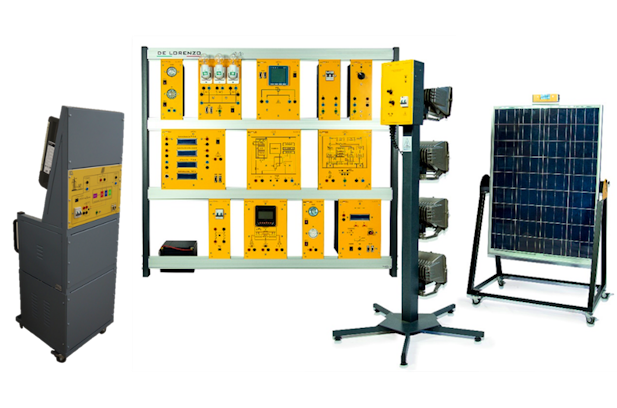
DL SOLAR-GTS
SMART GRID Training Systems
The term Smart Grid is used to refer to the smart electrical distribution network. They are basically electricity distribution networks combined with modern information technologies, which provide data to both electricity distribution companies and consumers. To provide intelligence to traditional electrical networks, telematic reading counters are added, that allow to know real-time consumption, both for the company and the end user. With this information it is possible to know consumption habits and improve network efficiency, as well as contribute to energy savings. Smart Grids have information and control elements in operation centers, making it possible to know the network situation and even act remotely on switches and other elements, helping to identify and solve technical problems faster. The smart grid system developed by De Lorenzo is organized into subsystems, each composed of several modules. They range from simulations of alternative energy sources: wind, hydroelectric, and solar. A subsystem that simulates the smart grid, with fault protection modules, that measure voltages and currents in real time to detect faults in the electrical network … Throughout the catalogue we will present in detail each of the elements that compose it, as well as the practical scope in the development of the professional competences of the students. All our modules have interconnected theory and practices that enable students to gradually learn and teachers to plan their courses.
SMART GRID
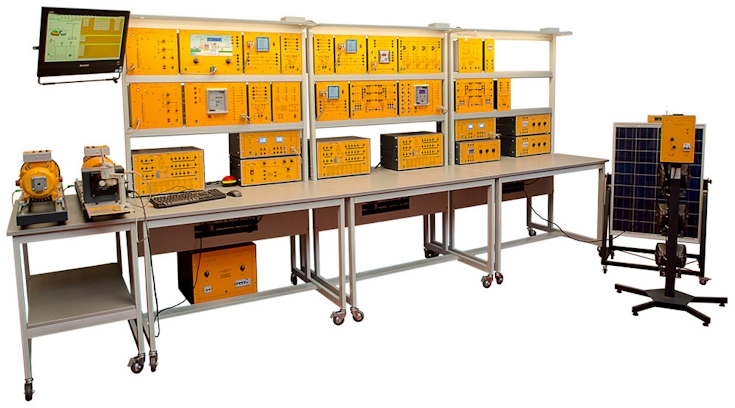
DL SGWD
SMART GRID
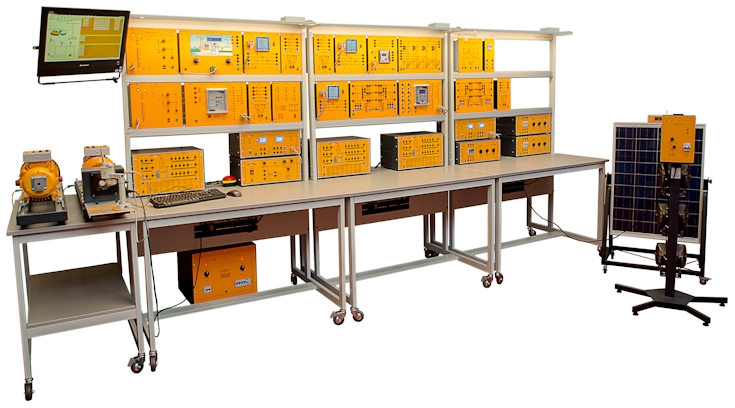
DL SGWD-W
SMART GRID
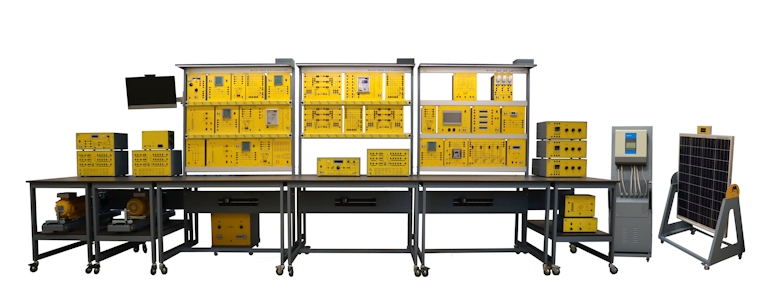
DL SGWD2.0
SMART GRID
